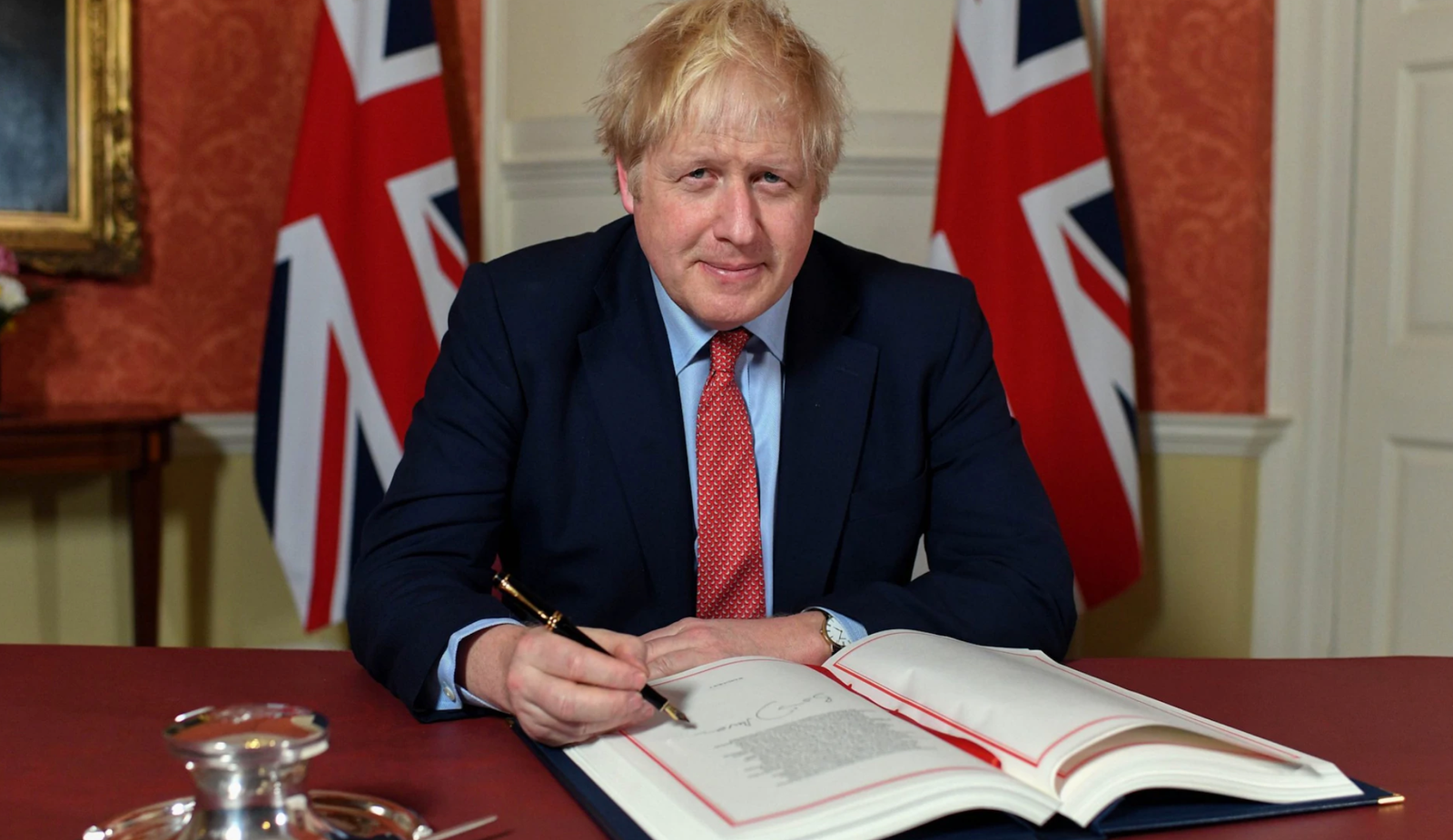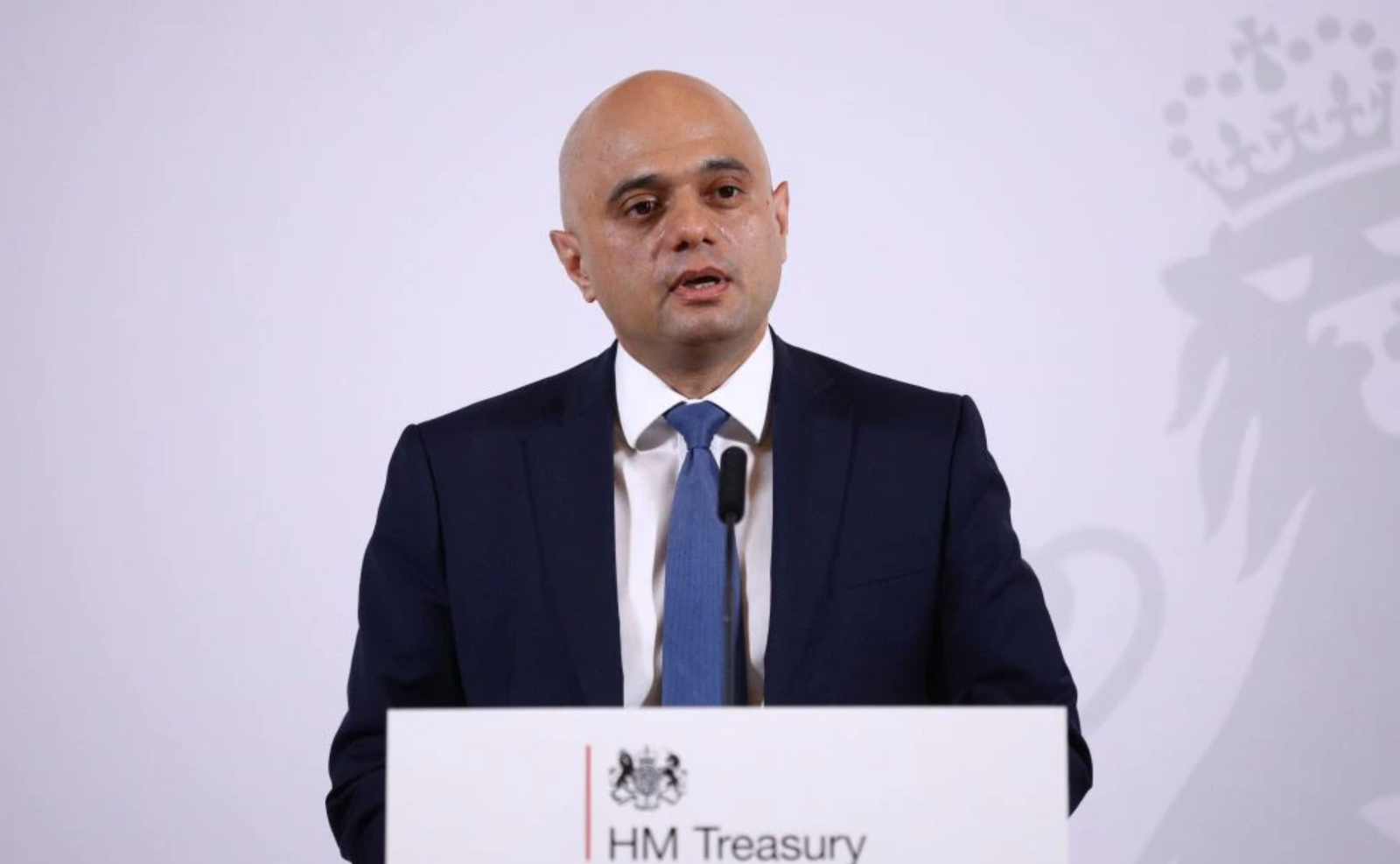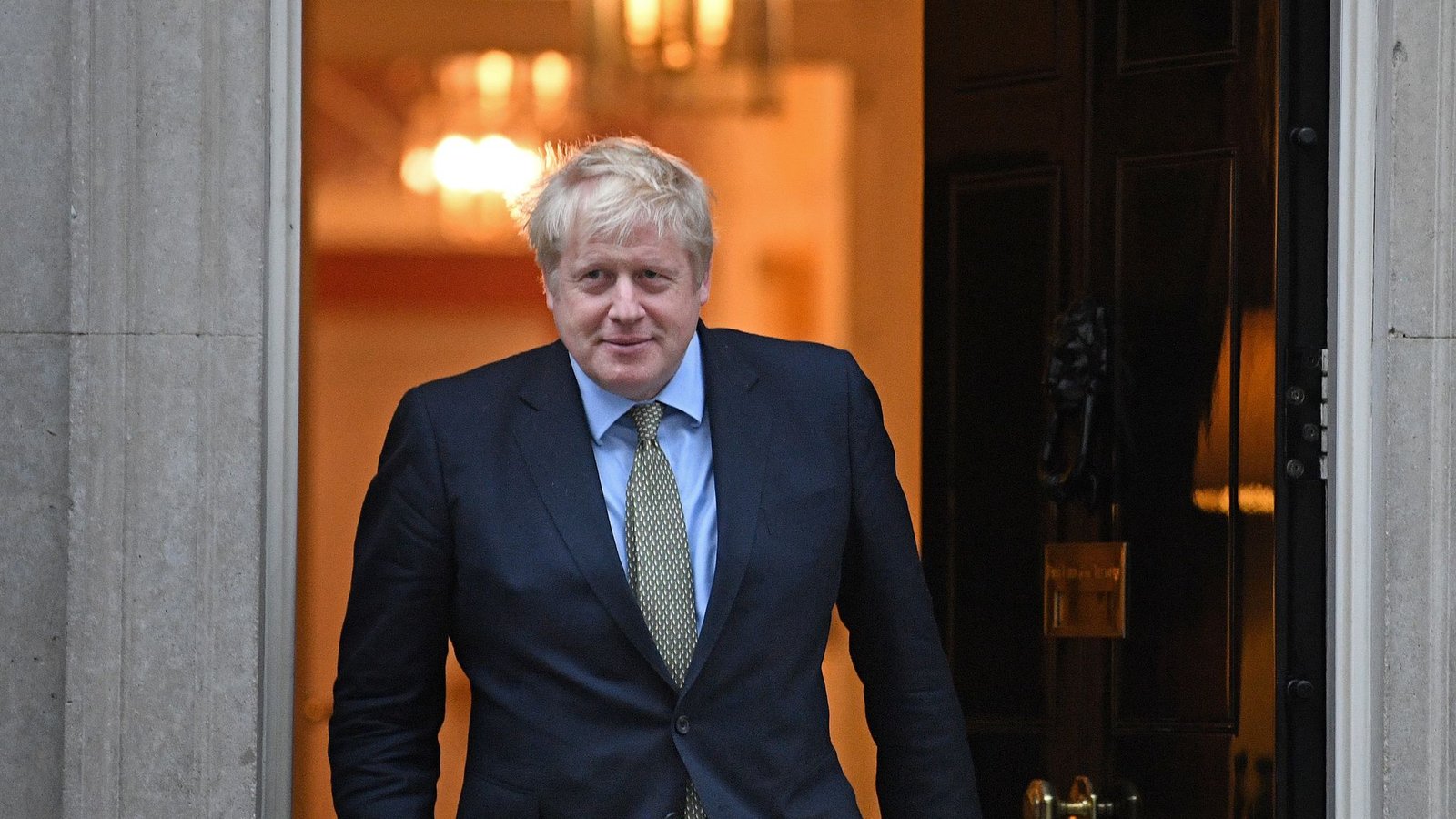MEPs have offered a mixed response to the Brexit Withdrawal Agreement and Political Declaration on the future relationship after leaders of the EU27 member states approved the text following a summit in Brussels on Sunday.
The focus now shifts to a crucial vote in the UK parliament next month on whether to accept the deal or not.
On Thursday, EU chief Brexit negotiator Michel Barnier will brief MEPs on the current situation.
On Monday, reaction from MEPs to the outcome on Sunday was swift, with Philippe Lamberts, leader of the Greens/EFA group in the European Parliament telling this site, “A no-deal Brexit would make the UK a rogue state, if the British government reneges on its commitments under the Good Friday Agreement and its financial obligations, it would no longer be seen as a reliable partner on the world stage.
“The best deal the UK could possibly get is the one it currently has as an EU member. If the UK Houses of Parliament cannot come to an agreement on Brexit, then the question must be given back to the public in the form of a people’s vote.”
ALDE leader Guy Verhoftstadt, who heads parliament’s Brexit steering group, said, “This is a sad day for Europe and the UK. When the parliament gives its consent early next year we want to be sure that the rights of our citizens are fully implemented and secured.”
An EPP group spokesman told the Parliament Magazine, “The EU has done its job in protecting both the citizens and the European Union. Now we expect Theresa May will do hers regarding the approval of the exit deal in Westminster. Barnier will be in the mini-plenary this week to brief on the results and the EP will give (or not) his consent probably in February.
“If the House of Commons rejects the agreement mid-December, the European Parliament will suspend the vote on the exit deal, but right now nothing is foreseen to cope with this eventuality. The EU has to remain united during the negotiations and will remain united.”
European Commission president Jean Claude-Juncker said that the deal was “the best deal possible,” adding, “The European Union will not change its fundamental position when it comes to this issue.”
Elsewhere, Dutch Prime Minister Mark Rutte said that there was no “plan B” and that the deal was “the maximum” that negotiators could achieve.
Austrian Chancellor Sebastian Kurz said the deal “will certainly not be renegotiated and there is no leeway,” while Irish Taoiseach Leo Varadkar said, “what’s on the table is the only deal that’s on the table.”
On Sunday, the UK Prime Minister Theresa May told reporters, “If people think somehow there’s another negotiation to be done, that’s not the case.
She had earlier published an open letter addressed to the UK population, arguing that the deal “is in our national interest – one that works for our whole country and all of our people, whether you voted ‘Leave’ or ‘Remain’. It will honour the result of the referendum.”
She said that the Brexit deal “delivered for the British people” and set the UK “on course for a prosperous future.”
On Monday, May will update the House of Commons on yesterday’s summit. She is expected to tell MPs that “division and uncertainty” will ensue if they do not back her deal in the ‘meaningful vote,’ which will reportedly take place on Wednesday 12 December.
Also speaking on Sunday, European council president Donald Tusk said, “Today, the European Council endorsed the Agreement on the withdrawal of the UK from the European Union and the European Atomic Energy Community. On this basis, the European Council invited the Commission, the European Parliament and the Council to take the necessary steps to ensure that the agreement can enter into force on 30 March 2019, so as to provide for an orderly withdrawal.”
“The European Council approved the Political Declaration setting out the framework for the future relationship between the EU and UK. The European Council restated the Union’s determination to have as close as possible a partnership with the UK in the future.”
Tusk added, “I quote this passage of today’s conclusions, as it contains the essence of our meeting. Ahead of us is the difficult process of ratification as well as further negotiations. But regardless of how it will all end, one thing is certain: we will remain friends until the end of days, and one day longer.”
In a UK TV interview, British Foreign Secretary Jeremy Hunt said that the UK was getting “between 70 percent and 80 percent” of what it wanted. However he conceded that the parliamentary arithmetic was “looking challenging,” and warned “nothing could be ruled out” if the vote was lost, including the collapse of the current government.
Meanwhile, UK Labour Party Jeremy Corbyn leader said: “This is a bad deal for the country. It is the result of a miserable failure of negotiation that leaves us with the worst of all worlds. It gives us less say over our future and puts jobs and living standards at risk.
“That is why Labour will oppose this deal in parliament. We will work with others to block a no deal outcome, and ensure that Labour’s alternative plan for a sensible deal to bring the country together is on the table.
“That includes a permanent customs union with a UK say, a strong single market deal and guarantees on workers’ rights, consumer and environmental protections.”








